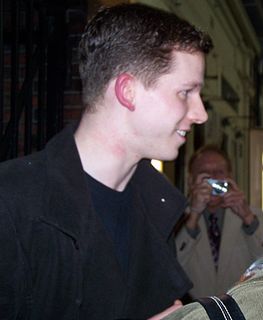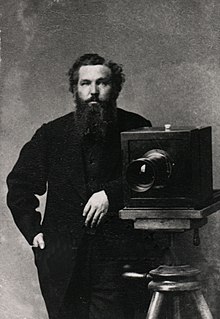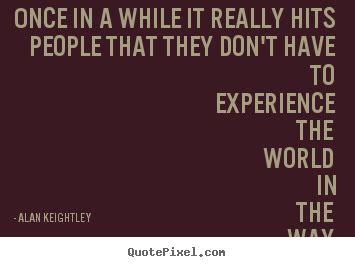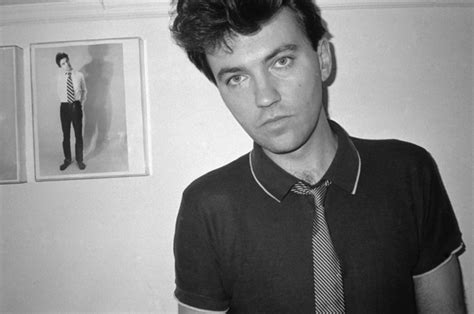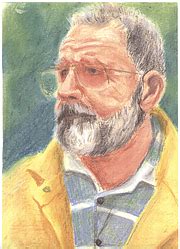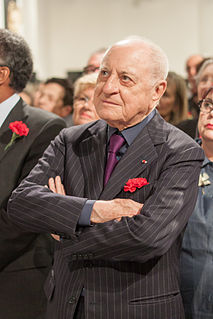Top 1200 Zen Life Quotes & Sayings - Page 2
Explore popular Zen Life quotes.
Last updated on April 14, 2025.
Zen, on the other hand, is not so dogmatically sterile, though there are certainly traces and more than traces of this austerity. However, with Zen we have not only the void, but the fertile void. The ink lines in a sumi-e painting show this fertility of the void ever ready to brim over into existence.
A very enjoyable meditation on the curious thing called 'Zen' -not the Japanese religious tradition but rather the Western clich of Zen that is embraced in advertising, self-help books, and much more. . . . Yamada, who is both a scholar of Buddhism and a student of archery, offers refreshing insight into Western stereotypes of Japan and Japanese culture, and how these are received in Japan.
To have Zen is to be in a state of pure sensation. It is to be freed from the grip of concepts, to see through them. This is not the same as rejecting conceptual thinking. Thoughts and words are in the world and are as natural as flowers. It is a mistake therefore to think that Zen is anti-intellectual.
Zen is to religion what a Japanese "rock garden" is to a garden. Zen knows no god, no afterlife, no good and no evil, as the rock-garden knows no flowers, herbs or shrubs. It has no doctrine or holy writ: its teaching is transmitted mainly in the form of parables as ambiguous as the pebbles in the rock-garden which symbolise now a mountain, now a fleeting tiger. When a disciple asks "What is Zen?", the master's traditional answer is "Three pounds of flax" or "A decaying noodle" or "A toilet stick" or a whack on the pupil's head.
The secret of this kind of climbing, is like Zen. Don't think. Just dance along. It's the easiest thing in the world, actually easier than walking on flat ground which is monotonous. The cute little problems present themselves at each step and yet you don't hesitate and you find yourself on some other boulder you picked out for no special reason at all, just like zen.~ Japhy
The great achievement of Zen Buddhism, and all of its cultural expressions in painting or the tea ceremony or rock gardens, is a rejection of earlier Buddhist ideas which were dependent
upon narrative - all the mythological creatures that populate the Buddhist galaxy. Zen insisted on the real located in nature.
My ethics, my sense of morality, my work ethic, my sense of compassion for suffering humanity, all of that comes directly out of the practice of poetry, as does my Buddhist practice. Poetry is a very important element in the history of Buddhism in general and in Zen in particular. It was really Zen that motivated me to change the way I perceive the world.
Not thinking about anything is zen. Once you know this, walking, standing, sitting, or lying down, everything you do is zen. To know that the mind is empty is to see the buddha.... Using the mind to reality is delusion. Not using the mind to look for reality is awareness. Freeing oneself from words is liberation.
I would have thought that I would have become one of those parents - just because it's my nature to be such a perfectionist - that anything falling short, I would have seen as a failure. But something has happened to me over the past few years - it's not Zen, believe me, I'm not at all Zen - but I'm so appreciative of even the chaos.
Zen enriches no one. There is no body to be found. The birds may come and circle for a while in the place where it is thought to be. But they soon go elsewhere. When they are gone, the "nothing," the "no-body" that was there, suddenly appears. That is Zen. It was there all the time but the scavengers missed it, because it was not their kind of prey.
The thing about Zen is that it pushes contradictions to their ultimate limit where one has to choose between madness and innocence. And Zen. suggests that we may be driving toward one or the other on a cosmic scale. Driving toward them because, one way or the other, as madmen or innocents, we are already there. It might be good to open our eyes and see.





